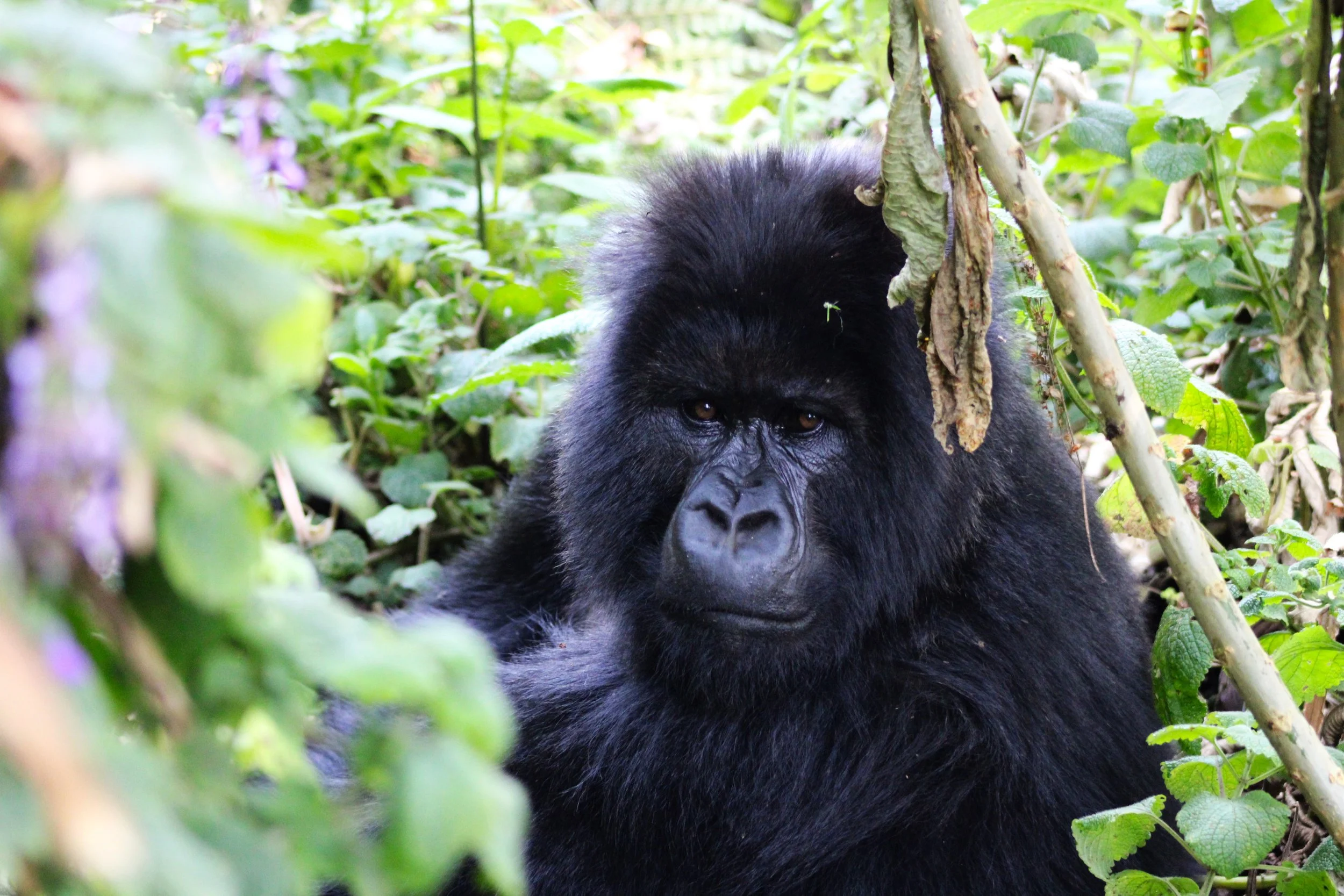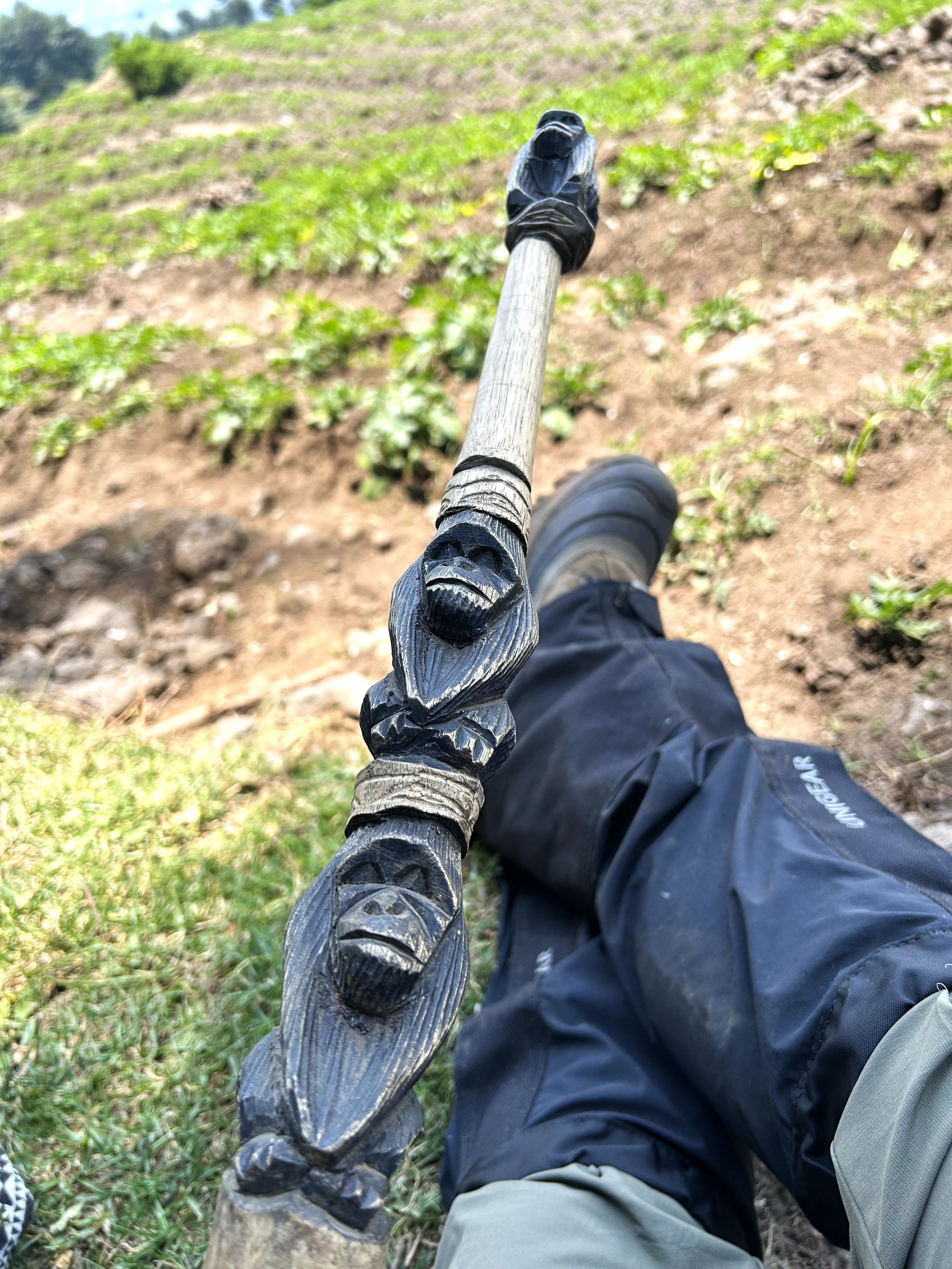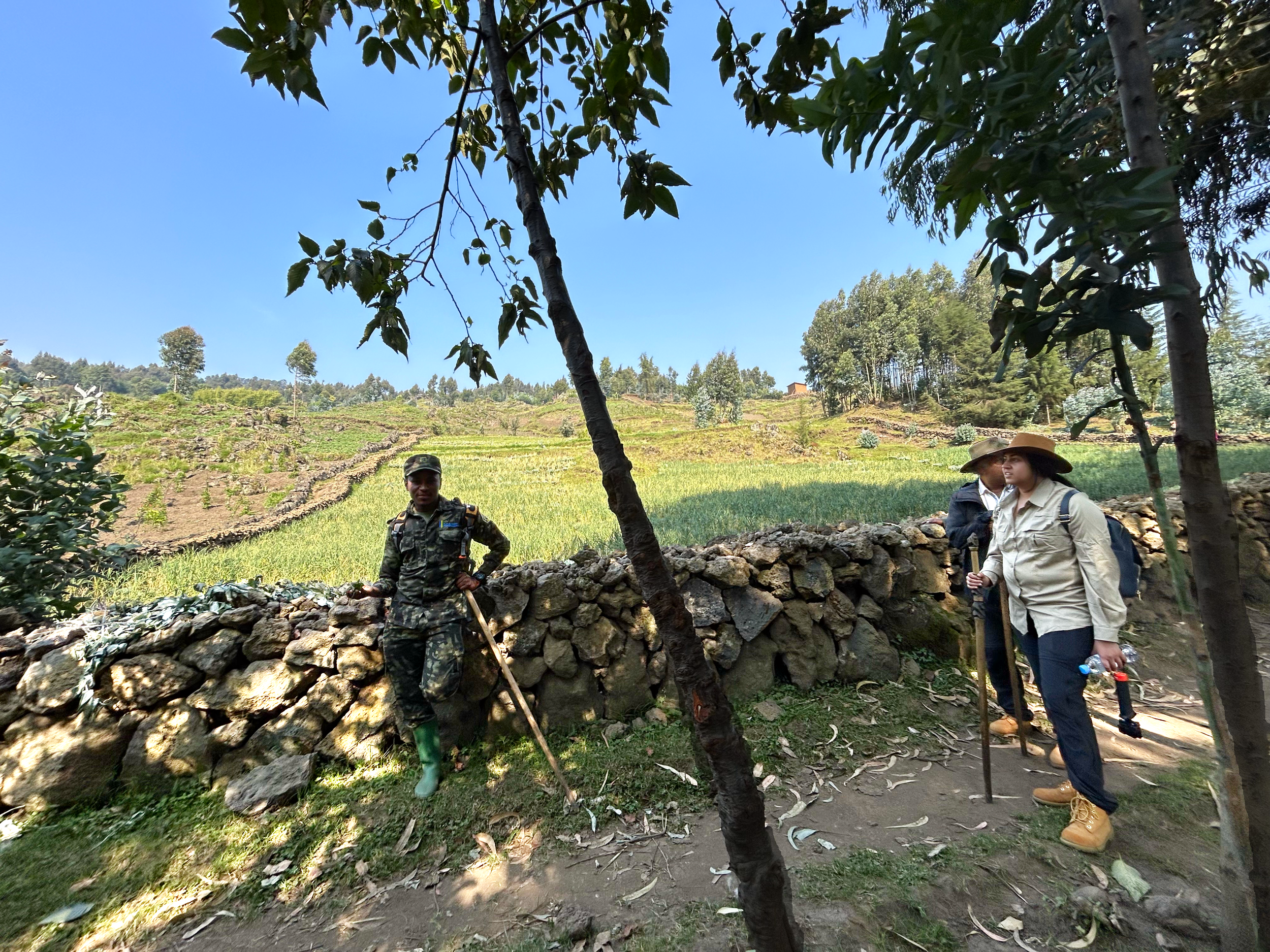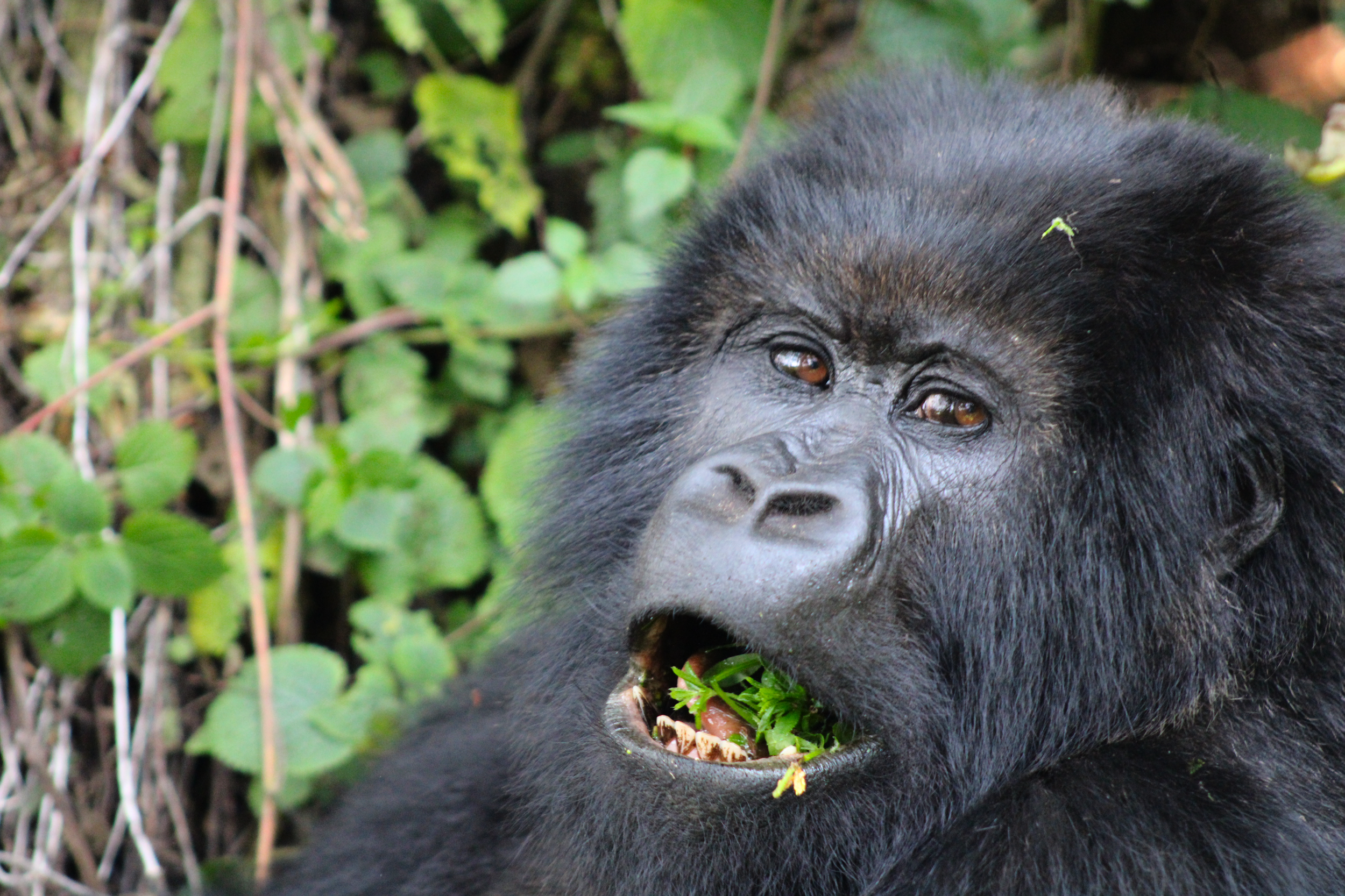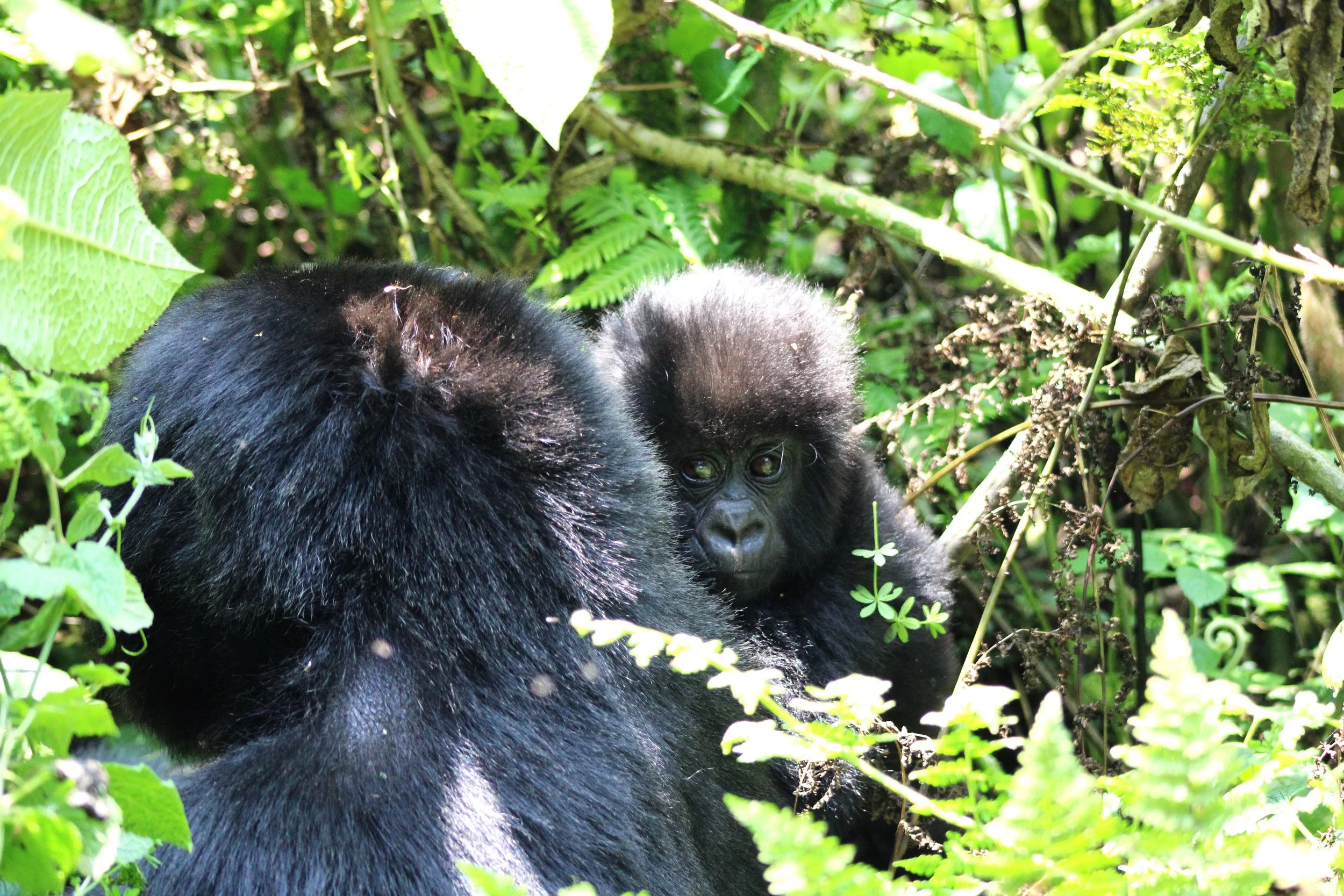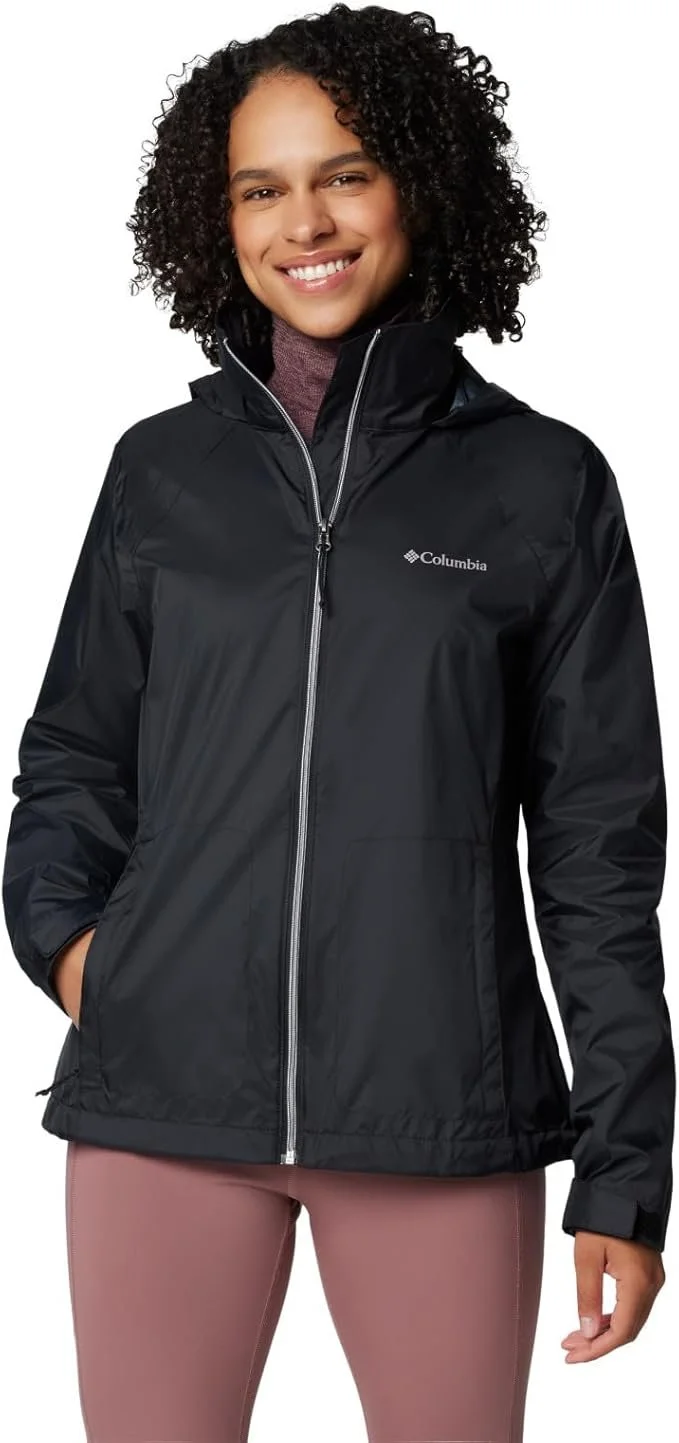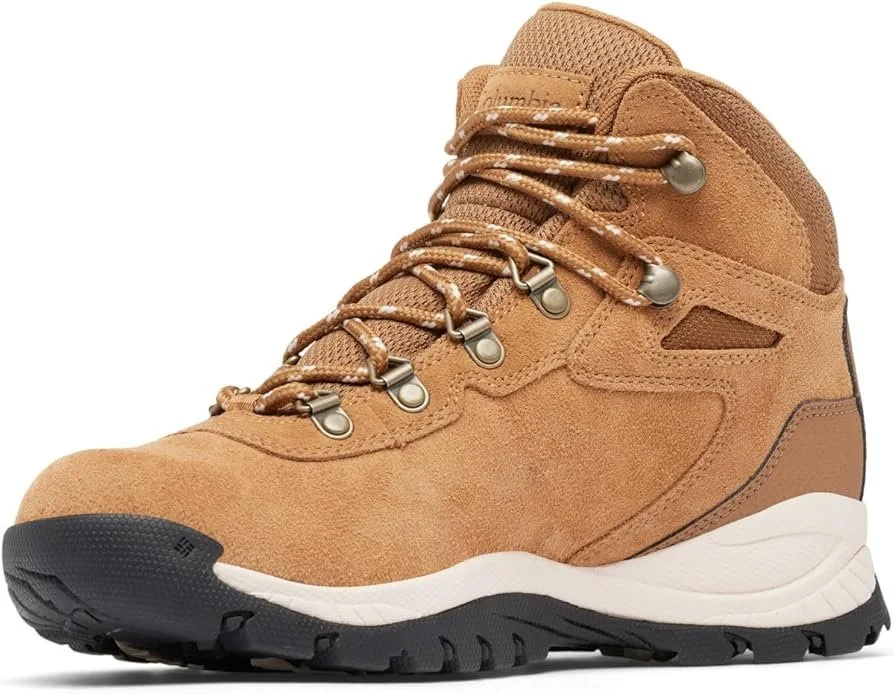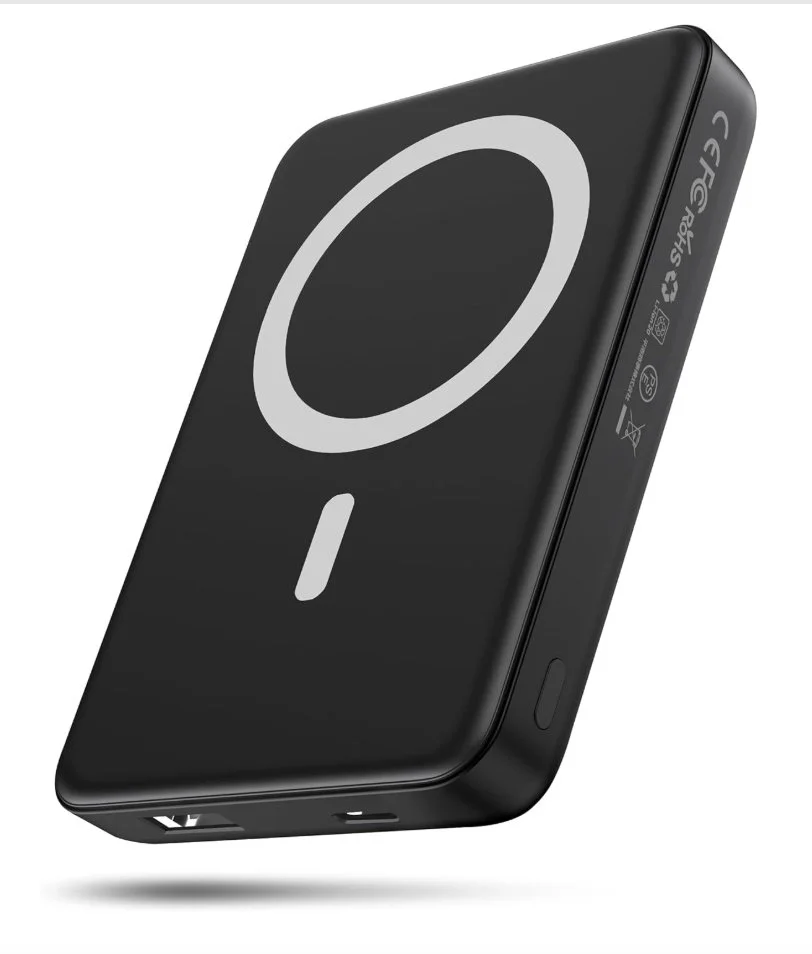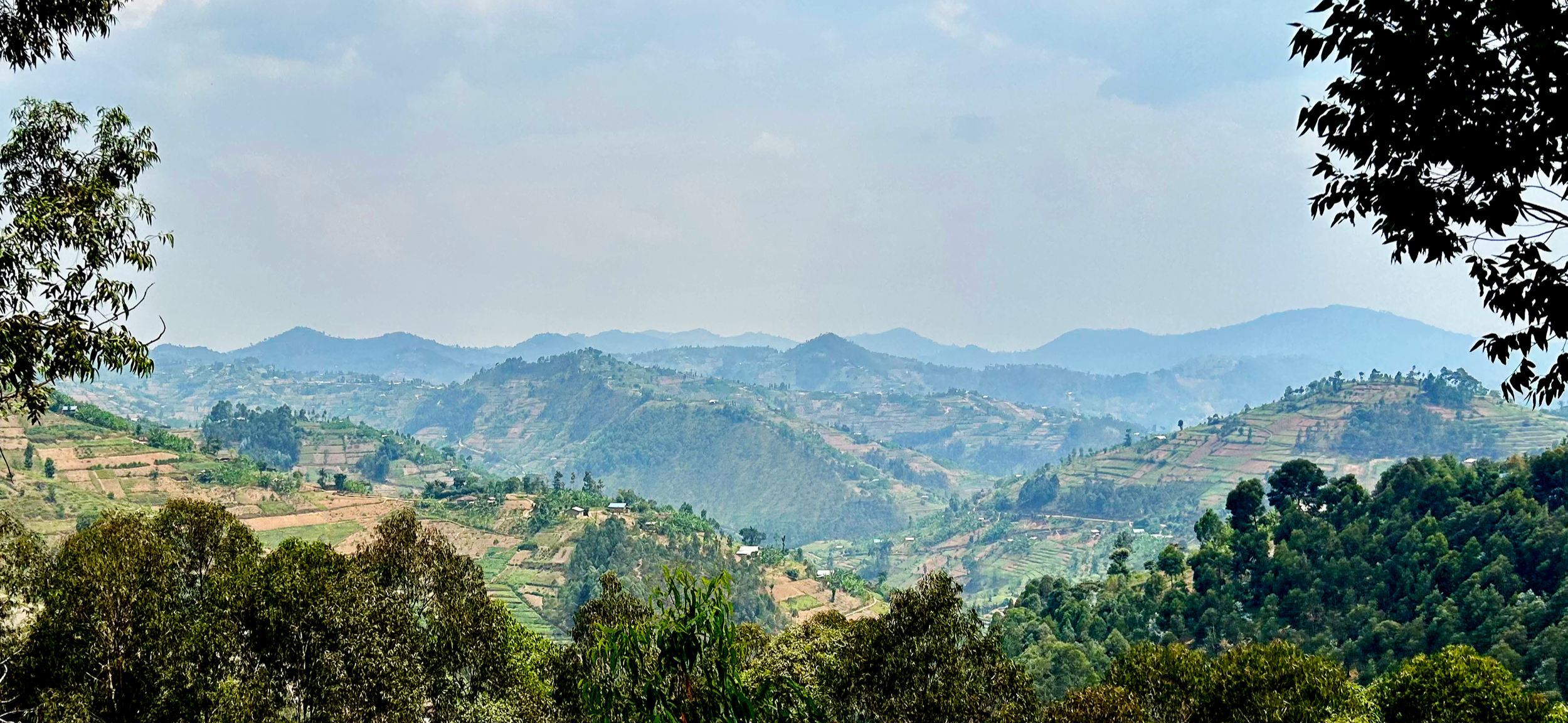
Rwanda
Rwanda is the Land of a Thousand Hills! Rolling green landscapes, misty volcanoes, and warm smiles greet you at every turn. Part of understanding Rwanda’s beauty is also acknowledging its past - the 1994 genocide against the Tutsi people, is a tragic chapter in the country’s history and one worth being aware of before you visit. What defines Rwanda today is actually not its past, but the remarkable resilience of its people. From the streets of Kigali to the hillsides of rural villages, you will encounter their enduring spirit everywhere here!
And speaking of encounters…
Gorilla trekking is at the heart of it all and one of the most powerful wildlife experiences on Earth! Hiking through the forests of Volcanoes National Park to meet a family of mountain gorillas is both humbling and transformative. An experience that will stay with you forever.
A new perspective.
This guide offers a glimpse into what gorilla trekking in Rwanda is like and what to expect. If you’re a serious traveler looking for deeper guidance, links and pricing, and full travel plans, purchase the complete Travel Guide!
Page Navigation

No Plastic Bags - No Exceptions
Rwanda is a plastic bag-free country. This means no single-use plastic bags from shopping, trash bags, take-out food containers, and plastic wrapping on consumer goods. Travelers, however, are allowed to carry ziplock bags for toiletries and storing items in your luggage!Visa: Required for entry into Rwanda and available for purchase upon arrival to the country. DO NOT PURCHASE IN ADVANCE. I came across several scams and almost paid for a fake visa! More on this in my Travel Guide.
No Smoking & No Littering
As the #1 cleanest country in Africa, Rwanda takes cleanliness seriously! There is no public smoking anywhere in the country and littering is illegal.
Know Before You Go
Plug Adapters
Type C and JDrink bottled or boiled water only
Do not drink the tap water or request ice in your drinks! The water can contain bacteria or other microorganisms that may cause stomach issues or more serious illness for travelers who aren’t accustomed to it. Thankfully, most accommodations provide safe drinking water to guests at meals and in their rooms!Consult a Travel Health Professional or your doctor at least 6-8 weeks before your trip to discuss your specific itinerary, personal risk factors, and health history to determine the most appropriate vaccinations and preventative measures for your travel to Rwanda.
Tipping will be an important part of your visit to Rwanda. For guides, drivers, and lodging staff, gratuities are more than thanks - they’re a vital source of income. Your happiness is their #1 priority at all times, and your generosity helps them continue to provide amazing experiences, protect their wildlife and support their loved ones and communities.
Both Rwandan Francs and U.S. Dollars are widely accepted for tips in Rwanda. You can choose to tip after each activity or give one collective tip at the end of your stay. Either approach is appreciated. Personally, I preferred tipping in USD right after each activity using a simple $5 / $10 / $20 method. It kept the cash I carried to a minimum while still allowing me to be reasonably generous:
Gorilla Trekking
$5-10 - per porter carrying 1-2 light bags
$10-20 - per guide, ranger and tracker for every 2 guests (typically 4 people in total)
You will have an opportunity to tip each person separately at the end of the hike
Hospitality
$5 - meal staff, luggage handlers, and short transfers (less than 1 hour)
$10 - standout meal service, medium transfers (1-2 hours), and exceptional service.
$20 - long transfers (2+ hours) and full-day drivers
For housekeeping and other lodging staff, there is typically a “Tip Box” near the front desk. It is customary to tip $10 per day per room collectively at the end of your stay.
Whatever amount you choose, more or less, tips go a long way in supporting Rwanda’s economy, and your appreciation is deeply valued.
Tipping

Gorilla Trekking Comparison
Why Rwanda and not Uganda…?
Gorilla Trekking is undoubtedly a highlight of these beautiful African countries, and for very good reason! There is absolutely no other experience like it. Guides take visitors hiking up the mountain, through raw, natural jungle, to search for the mountain gorillas. You get to spend 1 unforgettable hour with the gorillas in small, intimate groups. Both experiences are equally life-changing, but here’s why I would encourage Rwanda’s trek over Uganda’s:
RWANDA
COST PER PERSON
$1,500
$800
UGANDA
DISTANCE FROM AIRPORT
~10 hrs.
~3 hrs.
MEETING POINT(s)
4 meeting points - each
have restrooms and are
considered less updated
than Rwanda, some
have refreshments
1 meeting point - considered modern, clean, and has coffee, refreshments and restrooms
EASE OF HIKE
Considered more accessible and comfortable with a mix of established trails and wild forest
Considered more adventurous and rustic in the deep forest, with steep terrain and natural landscapes
GORILLA SIGHTINGS
In the trees as well as on the ground with you. Denser forest means decreased visibility
On the ground with you, much clearer visibility through the bush
Neither country will offer a better experience than the other, just different! In fact, you are hiking the same mountains that intersect Congo, Uganda and Rwanda, so it comes down to your physical comfort level and budget.
The main difference is what you will spend more of: time or money.
To that point, I personally felt Rwanda was a much more comfortable experience and worth the investment! Besides, the cost of the permit goes directly into the conservation efforts for the mountain gorillas as well as Rwanda’s growing economy.
MY THOUGHTS

Whichever country you choose for your gorilla trekking experience, your visit carries real meaning. The money you spend helps sustain local communities, supports conservation programs, and creates livelihoods for the people who dedicate their lives to protecting these incredible animals. Your presence as a responsible traveler truly makes a difference.

Gorilla Trekking Experience
Volcanoes National Park
Overview:
Gorilla Trekking requires a permit, which can be applied for directly on the government website. Many tourists arrange their trek experience with a private guide/tour through a platform like TripAdvisor, and those are helpful in securing your permit and transportation for the trek. However, a Volcanoes National Park guide is provided to you at the time of the trek and is included in the price of your permit. You will save money by arranging for the permit and transportation yourself and enjoy the same experience you otherwise would have, just without the middle-man.
What To Expect:
7:00AM - Arrival at park headquarters for check-in. All visitors are assigned to a specific gorilla family in small groups of ~8 and then meet with your guide for a briefing about the day’s activity. Enjoy a cup of coffee and use the restroom before heading out on your trek!
8:30AM - Arrive to your group’s starting point, about 25 minutes away. Here you will receive another quick briefing and have the opportunity to hire a porter to join you on your hike. The cost is $10, and I strongly recommend it! Even if you’re in good shape, having a porter to carry your bag of cameras, water, and snacks/lunch will make a huge difference!
Then you are handed a walking stick and the gorilla trekking begins!
The hike will typically last anywhere from 1-4 hours. This all depends on where the gorillas are hanging out! The trackers following the gorillas and your guide communicate with walkie-talkies along the way to help anticipate the length of the hike. Mine was 2.5 hours total, comprising of a 45-minute hike up the mountain, 1 hour with our gorilla family (Titus), and 45 minutes back down.
The hike up begins on very rocky, unstable terrain, and then becomes more of a solid dirt/grass path. The guides and porters continuously make sure everybody is OK and the group is taking plenty of breaks. It’s a tough hike but you’re well taken care of!
You will reach a point where your group catches up with the trackers and rifle-holding rangers, indicating the gorillas are about 5 minutes away. At this point, you leave your walking stick, bag(s) and porter(s) behind, and continue on with the guides. Grab the camera(s) you want to use and anything you’ll need for the most incredible hour of your life!
For more photos, visit the Gallery!
End Of Trek - Your trek will end exactly 1 hour after you find the gorillas. At this point, your group will be escorted down the mountain after reuniting with the porters. Before leaving the trackers and rangers, you will have an opportunity to tip them as they will not be taking the journey back with you.
Lunch Stop - You will reach a point on the return hike where the group stops to eat lunch and hydrate. Be sure to pack a lunch or arrange for a packed lunch to be provided by your accommodations! You will rest for about 20 minutes before continuing down the mountain along the same path you took going up.
When you are near your starting point, you will have a final opportunity to tip your guides and porters for the amazing experience! I recommend taking a group photo here if you can! It was suggested on my hike and I am so glad we did! At the starting point, your group goes their separate ways. Meet your driver, who will return you to your accommodations. I recommend requesting a stop at the Volcanoes National Park gift shop on your way out!

One of the best parts about visiting Rwanda is that you can also visit the Ellen DeGeneres Campus of the Dian Fossey Gorilla Fund, just outside Volcanoes National Park. The campus celebrates Dian Fossey, the scientist who devoted her life to studying and protecting the mountain gorillas. Her work here didn’t just shape how we understand these incredible animals, it helped save them from disappearing altogether. Through her tireless research and advocacy, Rwanda became a global leader in gorilla conservation, transforming what was once a critically endangered species into one of the world’s greatest wildlife recovery stories. Today, her legacy lives on through continued research, education, and community outreach at the Fund, ensuring that both gorillas and local communities thrive side by side.This campus brings her story, as well as the gorillas’ story, to life in a way that feels close and real. It reminds me that seeing gorillas in the wild isn’t just an adventure - it’s witnessing the result of decades of tireless conservation and the power each and every one of us have in making an impact on the planet!
& The Ellen DeGeneres Campus of the Dian Fossey Gorilla Fund
DIAN FOSSEY
For more information, visit the Gorilla Fund’s Official Website
The suggested donation of $20 per adult visitor goes directly towards the ongoing conservation work for the mountain gorillas!

Packing List for Gorilla Trekking in Rwanda
Hiking through the forests of the Virunga Mountains can be steep, muddy, hot, wet, and anything in between. You’ll climb through dense rainforest, ducking under tangled vines, stepping over roots, and all the while trying to get the best views and capture stunning photos of the mountain gorillas. This means you’ll want to pack smart!
Below are a few essentials that will keep you dry, steady, and ready for the adventure of a lifetime!
Men’s Rain Jacket
This lightweight, packable rain jacket has a stow-away hood, adjustable cuffs, and water-repellent finish. It was perfect for the gorilla trek through the forest as well as when it unexpectedly rained while out exploring!
Women’s Rain Jacket
Insect repellent is a must-have for Rwanda and this one was great at keeping all the mosquitoes and other biting insects far away! It lasted for hours in the forest where mosquitoes were everywhere. It is travel-size, easy to pack and I found 1 application to be good for the whole day!
Men’s Lightweight Hiking Pants
I wore these pants on my trek and was 100% comfortable. The breathable fabric allowed for nice ventilation while out in the sun and the water resistance proved valuable through the dewy forest. Though lightweight, the pants were tough enough to protect my legs from sharp leaves!
Women’s Waterproof Hiking Boots
Good hiking boots are a must for gorilla trekking, and these provided all-day comfort and support on the steep, rocky terrain. The waterproof design kept feet dry in the forest, while the traction handled slippery trails with ease. Even after hours of hiking, they remained comfortable and dependable throughout the trek!
100 DEET
Insect Repellent Spray
This lightweight, packable rain jacket has a stow-away hood, adjustable cuffs, and water-repellent finish. It was perfect for the gorilla trek through the forest as well as when it unexpectedly rained while out exploring!
Wireless Portable Charger
I couldn’t have brought a more convenient way to keep my phone and GoPros charged while traveling abroad! It fits easily into any pants, shirt, or bag pocket, magnetically attaches to your phone, and keeps it powered up for taking pictures and accessing reservation information.
Find the complete packing list in my Travel Guide.

Rwanda Travel Guide
Whether you’re building your own schedule or prefer to follow a ready-made plan, my travel guide prepares you for exploring Rwanda and reserving your once-in-a-lifetime gorilla trekking experience.
What’s Included:
Gorilla Trek Permits for Volcanoes National Park
All visitors are required to apply and pay for a trekking permit prior to visiting the mountain gorillas. The permits are issued by the Rwandan government and you must apply for a specific day well in advance. They are non-refundable and non-transferable. My travel guide covers the entire process step-by-step so you can arrange your gorilla encounter with confidence!
Clear Price Breakdown
Clear, visual overview of what to budget for - accommodation, park permits, transport, meals, and tips - so you know exactly what to expect.
Transportation Made Simple
You’ve landed at Kigali International Airport. Now how do you get to those gorillas?? My travel guide breaks down different options with clear pricing ranges, timing, and key insider advice. You’ll feel confident choosing the route that fits your budget, schedule, and comfort level.
Packing & Preparation
A comprehensive list of what to bring, what to leave behind, & how to prepare for the unique conditions of Rwanda. Think beyond just clothes - this includes basic photography essentials, cultural considerations, and little things that can make a big difference while gorilla trekking and exploring the country.
What To Expect On Trek Day
A full outline of the gorilla trekking experience. From pick-up at your accommodations to exiting the gift shop on your way out, you’ll be left with a complete understanding of the timeline of events on the day of your gorilla trek.
Cultural Insights
Respectful guidance on what to expect, how to interact, ways to support local communities, and even more helpful phrases in the local language!


